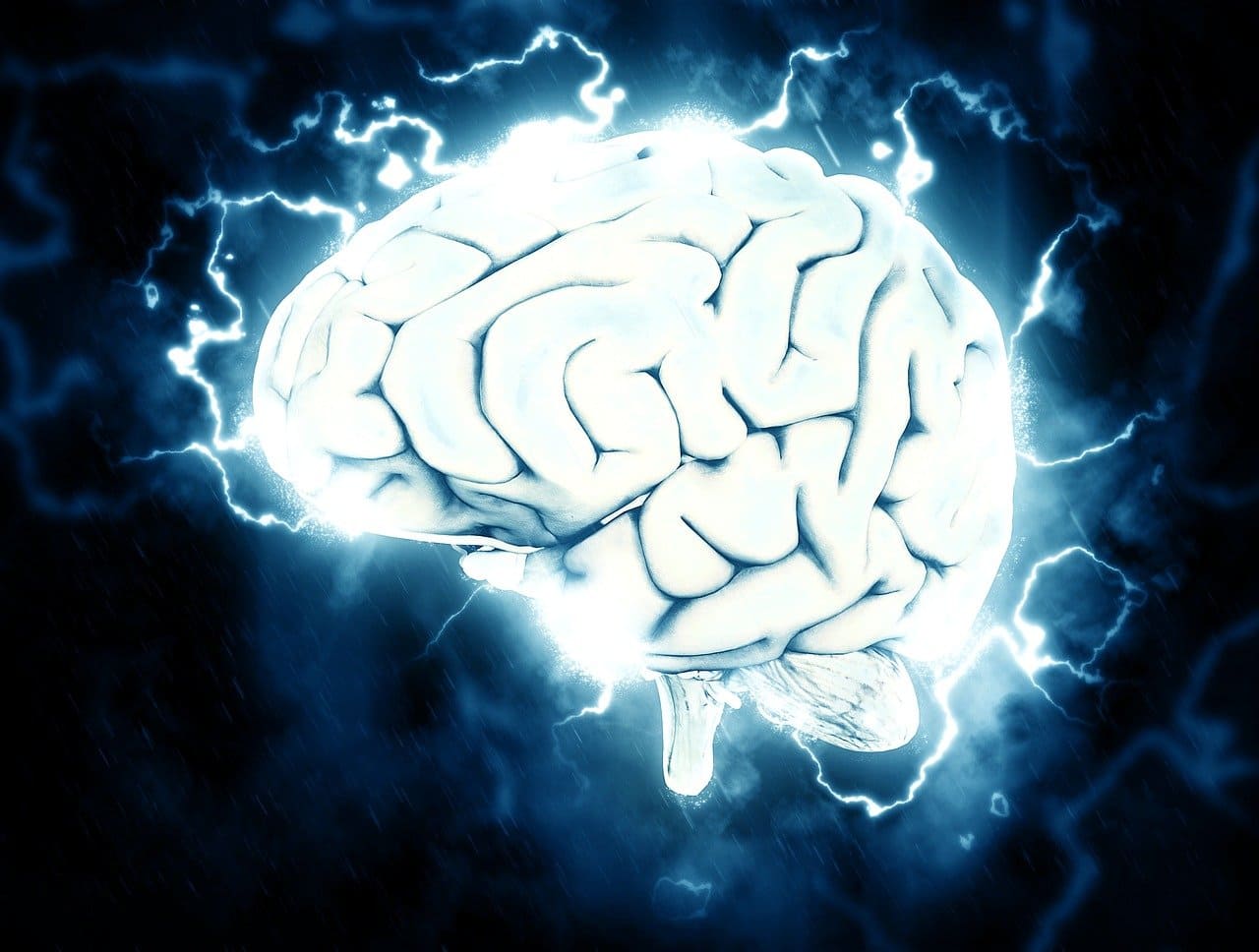Categoría: Anxiety,Depression,Psyquiatry
Etiquetas: chronic pain, cognitive behavioral therapy, pain, therapy
More content you may find interesting
Chronic pain is a debilitating condition that affects millions of people worldwide.
Unlike acute pain, which is temporary and usually a response to an injury or illness, chronic pain persists for months or even years, significantly affecting the quality of life of those who suffer from it. This condition not only has a physical impact but also exerts a profound influence on the mental and emotional health of patients.
From a psychiatric perspective, chronic pain is closely related to disorders such as depression and anxiety.
The constant burden of pain can lead to emotional exhaustion, social isolation, and a decrease in self-esteem. Additionally, the brains of people with chronic pain often undergo neurophysiological changes that perpetuate the sensation of pain, even in the absence of an obvious physical injury.
Addressing chronic pain requires a comprehensive approach that combines medical treatments with psychological interventions.
These psychiatric treatment strategies, combined with appropriate medical management of pain, can offer an integrated and effective approach to improving the quality of life for patients with chronic pain.
Psychiatric Treatment Strategies
Cognitive-Behavioural Therapy (CBT)
Cognitive-Behavioural Therapy (CBT) is one of the most effective strategies for managing chronic pain from a psychiatric perspective.
It helps patients identify and change negative thought patterns and behaviours that can intensify the perception of pain. Through cognitive restructuring techniques and coping skills training, patients learn to manage stress and reduce anxiety, which can decrease the perceived intensity of pain.
Relaxation and Mindfulness Therapies
Relaxation therapies, such as meditation and mindfulness, are useful for reducing stress and muscle tension, which can alleviate pain. These techniques teach patients to focus on the present moment and develop greater body awareness, helping them manage pain more effectively. Regular mindfulness practice can also improve mood and sleep quality, factors that influence the perception of pain.
Medication
In some cases, medication may be necessary to treat the psychiatric symptoms associated with chronic pain.
At this point, each patient is diagnosed and treated differently and individually, which only a doctor can prescribe.
Psychosocial Support
Social and emotional support is crucial for patients with chronic pain.
Participation in support groups allows patients to share their experiences and coping strategies with others facing similar challenges. Family therapy can also be beneficial, helping relatives understand the impact of chronic pain and learn how to provide effective support.




